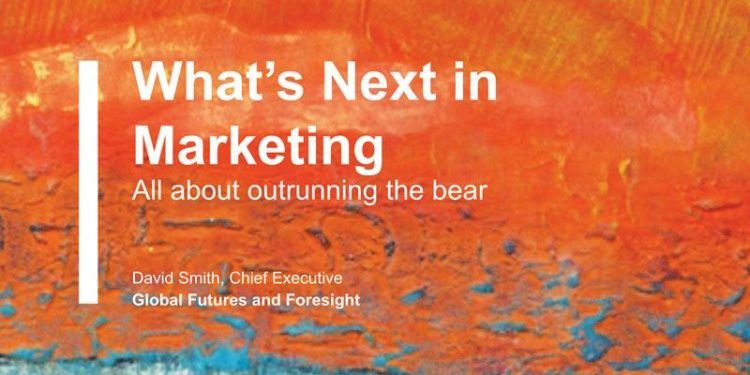The marketing ecosystem is being redefined and reconfigured by transformational digital developments. With it, the skillset needed to be an effective marketer is also changing. Tools and strategies that were cutting edge even five years ago are in flux as the complex mesh of human experience, data, content and new technologies coalesce in ever shorter periods. This dynamism of what is possible creates friction, especially when supplanted onto older marketing organisation structures that have often evolved at more incremental rates.
Rapidly loosening constraints on what marketing can do and how it can do it combined with the shifting background environment together create a significant issue for leading marketers, who between them control more than
$500 billion in advertising budgets.
A brief examination of the current state of marketing will help elucidate what trends will propel the function in the coming decade. CMO’s are faced with twin problems of convergence and divergence. On the one hand, traditional marketing methods are failing, and thus diverging from what is demonstrably effective. In the UK in 2015, research shows that some 89 percent of the £19.4bn spent on marketing communications was completely ignored. A similar percentage – 84 percent – of millennials reportedly don’t trust traditional advertising.
Convergence should be of little surprise to most marketers, at least in the sense that 98 percent agree that traditional and digital forms of marketing are merging. However, few have consolidated their budgets and critically, the convergence of effective data science and marketing remains worryingly rare; only an estimated 5 percent of marketers have mastered the ability to ‘adapt and predict the customer journey and what actions will derive maximum value. ’
Marketers are also often being asked to do more with less. 61 percent of 288 CMOs surveyed in 2015 by Duke’s Fuqua School of Business reported feeling pressure from the CEO or the board to prove the value of marketing, often whilst simultaneously tasked with exploring new platforms and formats. Several key factors will help demonstrate this value as well as feature prominently in determining the success of future marketing organisations; the emergence of artificial intelligence (or machine learning), the creation of new marketing job typologies, new forms of data and the focus on customer experience. The ways in which larger organisational structures – often outside the CMO remit – must change will also have an impact on the future contours of what is possible.
Continue reading David’s report by downloading the PDF version (top right).

